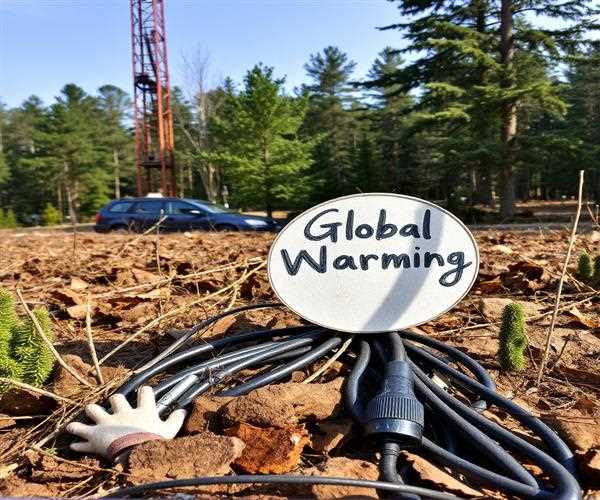
11-Nov-2024 , Updated on 11/11/2024 9:42:01 PM
2024 as the Warmest Year on Record: How UN Will Deal with Climate Change?
This year is officially significant in terms of warming; climate scientists have agreed that 2024 is the warmest year on record. Average world temperatures are rapidly increasing, the areas of ice caps and glaciers are reducing, and the rates and intensity of natural disasters are unprecedentedly affecting people, costs, and living organisms worldwide.
To the United Nations, this record-breaking living standard invokes an even stronger appeal to escalate climate nexuses than ever before. But what will the UN actually do about this hardly enviable climate picture and how can the UN’s actions truly global?
And why does heating matter so much in 2024?
The heat we’re experiencing today in 2024 is not just limited to the summer months. It only paints a picture of long-term global warming caused by high emissions of greenhouse gases, deforestation, and industries. Lately, the planet has been warming at a pace researchers and other experts did not expect, and 2024 alone has raised the stakes even more in terms of the amount of damage that can be done if corrective measures are not put in place promptly.
The UN is addressing the growing threat of rising temperatures to agriculture, freshwater resources, and the planet's biodiversity. To counter this, the UN is increasing pressure on both short-term and long-term climate change policies, calling for real action instead of promises. Implemented countries should adopt more ambitious Indicative National Development Goals (NDCs), work for longer time horizons of climate targets, and devise more robust financial plans. This will help accelerate climate action while delaying the achievement of goals for the next decades.

The UN has urged developed nations to reach their $100 billion annual climate finance, which has not been met so far. This funding will help pay for protection measures, such as building flood walls, changing crops to withstand drought, and renewable energy sources in countries most affected by climate change.
Technology transfer and renewable energy are also critical under the UN regime, with higher obligation levels on renewable energy and energy efficiency.
The main challenge is the absence of responsibility for global emissions, as many countries have failed their commitments without consequences. The UN is striving to improve accountability frameworks, monitoring emission reductions, celebrating successes, and pressuring nations that are not living up to their commitments. Some scholars suggest making emissions targets contractually enforceable, a matter that can only be done internationally.
The UN is also preparing for severe weather conditions, strengthening resilience programs in vulnerable regions, such as Caldera, P3P, and PIPPAN. Environmental protection measures, such as increasing biodiversity and re-afforestation, are being considered.
But is this enough to slow down climate change?
The initiatives that the UN is planning seem ambitious and exciting, but as many climate activists argue, there is not much time left. 2024 recorded heat numbers indicate that humanity is either at or past key tipping points. Such pressures, especially from grassroots and civil movements, are necessary for governments to ensure that the UN demands tighter commitments; it is also necessary to ensure that, after Paris, climate finance, technology transfer, and policy compliance become priorities.
Conclusion
2024’s heat records present an undeniable reality: we are in it; climate emergency is the situation we find ourselves in. The UN's action in the next several months will define not only the short-term agenda of the climate change fight but also the direction of international cooperation in this sphere within the next few decades. The UN wants to lead the fight for more ambitious targets on emissions cuts, higher levels of annual commitments, and better support for the most vulnerable countries. But if no immediate and coordinated action is taken, the danger of getting to this final state increases phenomenally as compared to a few years ago.
As to whether the leaders of this world will step up to the challenge only time will tell, what is for sure is that 2024 is a critical year for climate mitigation and emission reduction, and we cannot let it pass by unconcerned.

Student
hey there! i am a student currently pursuing my bachelors with a keen interest in writing., I am fueled by a deep love for storytelling and a flair for creating captivating narratives. Armed with a passion for language and a keen eye for detail, I strive to craft compelling copy that leaves a lasting impact.
Join Our Newsletter
Subscribe to our newsletter to receive emails about new views posts, releases and updates.
Copyright 2010 - 2026 MindStick Software Pvt. Ltd. All Rights Reserved Privacy Policy | Terms & Conditions | Cookie Policy